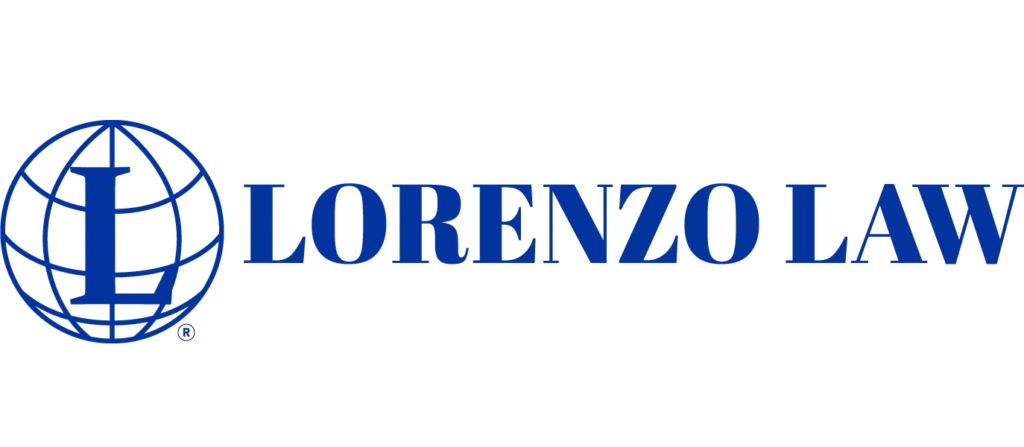Federal Communications Commission (FCC). Would they approve medical diagnosis via the web? Not so fast. Considering the April 2024 FCC Declaratory ruling: Classification of broadband internet access services (BIAS) there are some highlights to note.
The FCC in FCC-CIRC2404-01 is concerned that telemedicine services would require provider prioritization for data and real time performance, i.e., reliability of service. As such, the FCC is concerned with equality and at the same time, it is concerned over the critical patient and doctor exchange that requires immediate attention without the possibility of an emergency. There is additional concern with that critical incident where during the patient and doctor web-exchange a medical emergency occurs involving the patient when local medical attention is needed. The securing of equal treatment of data is also a concern. Consideration for reserving network capacity may not be a solution. Ideas of data equal treatment and prohibiting prioritization will not allow telemedicine to thrive. Yet not all services exact the same level of demand on the network.
FCC’s Open Internet rules focus on the following: banning prioritization, equal data treatment, and simplifying service requirements. It ignores emerging services, possible capacity of the internet, and the ill effects of blocking bans. FCC’s Title II regime, Customer Proprietary Network Information (CPNI) oppose critical aspects likely to benefit telemedicine and similar services, such as cloud routing, disclosure of CPNI information, and the possibility of diagnostics.
The benefits of telemedicine could be without boundaries as the Open Internet Rules embraced the inherent diversity of services that the internet allows us to receive and deliver. The FCC’s focus on broadband internet access services (BIAS) underscores the importance of BIAS as essential medical activities have moved online. The future of telemedicine is encouraging.
This post is an updated version from Lorenzo Law Firm, P.A., copyright 2017.
